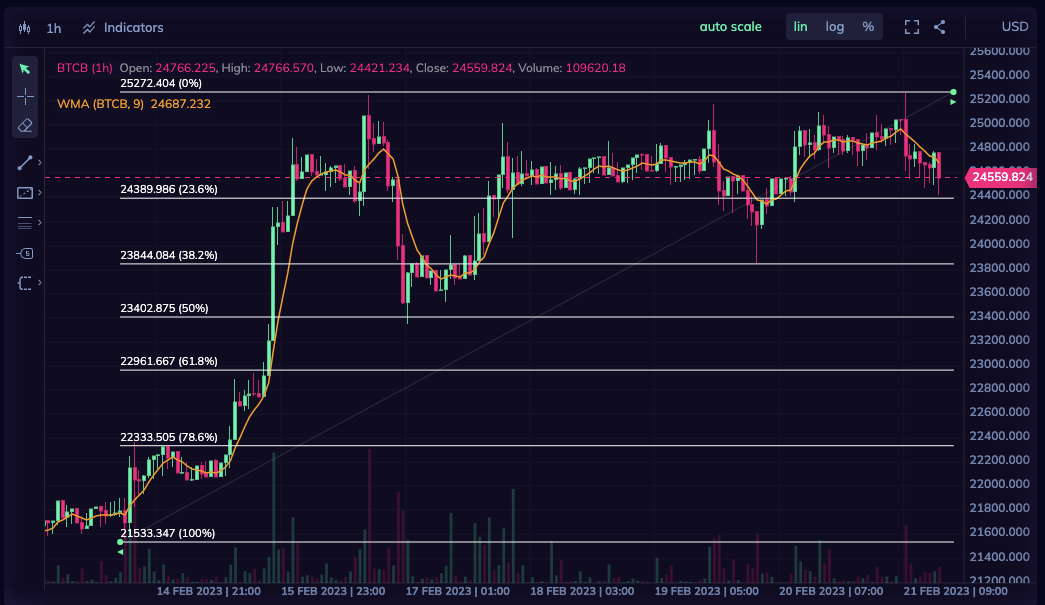Security and Utility Tokens.
Tokens have become a popular way to represent digital assets, and there are two main types of tokens: security tokens and utility tokens.

Tokens have become a popular way to represent digital assets, and there are two main types of tokens: security tokens and utility tokens. Both of these types of tokens have their own unique characteristics, uses, and regulations.
Definition and History
A security token is a digital asset that represents ownership of an underlying asset or company, and it is regulated by securities laws. Utility tokens, on the other hand, are digital assets that give holders access to a specific product or service, and they are not regulated by securities laws.
The first security tokens were issued in 2017, when the SEC declared that certain ICOs (Initial Coin Offerings) were considered securities offerings. Utility tokens have been around since the early days of the blockchain industry, with some of the first utility tokens being issued by projects like Ethereum and Golem in 2014.
Differences
The main difference between security tokens and utility tokens is their purpose. Security tokens are used to represent ownership of an underlying asset or company, while utility tokens are used to access a specific product or service. Security tokens are subject to securities regulations, while utility tokens are not.
Examples and Use Cases
Examples of security tokens include tZero, Polymath, and Harbor. These tokens are used to represent ownership of assets such as real estate, stocks, or funds, and they offer investors the ability to buy, hold, and trade ownership of these assets in a digital form.
Utility tokens include tokens like Basic Attention Token (BAT), which is used to access the Brave web browser, and Golem, which is used to access distributed computing resources. These tokens are used to access specific products or services within a project's ecosystem.
Pros and Cons
Security tokens offer investors the ability to own fractional ownership of an asset, which can be useful for investors who cannot afford to buy the entire asset outright. However, security tokens are subject to securities regulations, which can be complex and expensive to navigate.
Utility tokens offer users access to specific products or services, which can be useful for incentivizing users to use a particular platform or service. However, the value of utility tokens can be volatile and dependent on the success of the platform or service, which can make them risky investments.
Regulations
Security tokens are subject to securities regulations, which vary depending on the jurisdiction. In the United States, for example, securities regulations are enforced by the SEC, and companies issuing security tokens must comply with securities laws such as the Securities Act of 1933 and the Securities Exchange Act of 1934.
Utility tokens, on the other hand, are not subject to securities regulations, although they may be subject to other types of regulations such as consumer protection laws or anti-money laundering laws.
Conclusion
Security tokens and utility tokens are two different types of digital assets that serve different purposes and are subject to different regulations. While security tokens offer investors fractional ownership of an underlying asset or company, utility tokens are used to access specific products or services within a project's ecosystem. Both types of tokens have their own unique benefits and drawbacks, and it is important for investors to understand the differences and regulations before investing in either type of token.
Dexer.io - token browser. You can find here information about token prices, charts and transactions.
Learn how to invest in crypto projects




